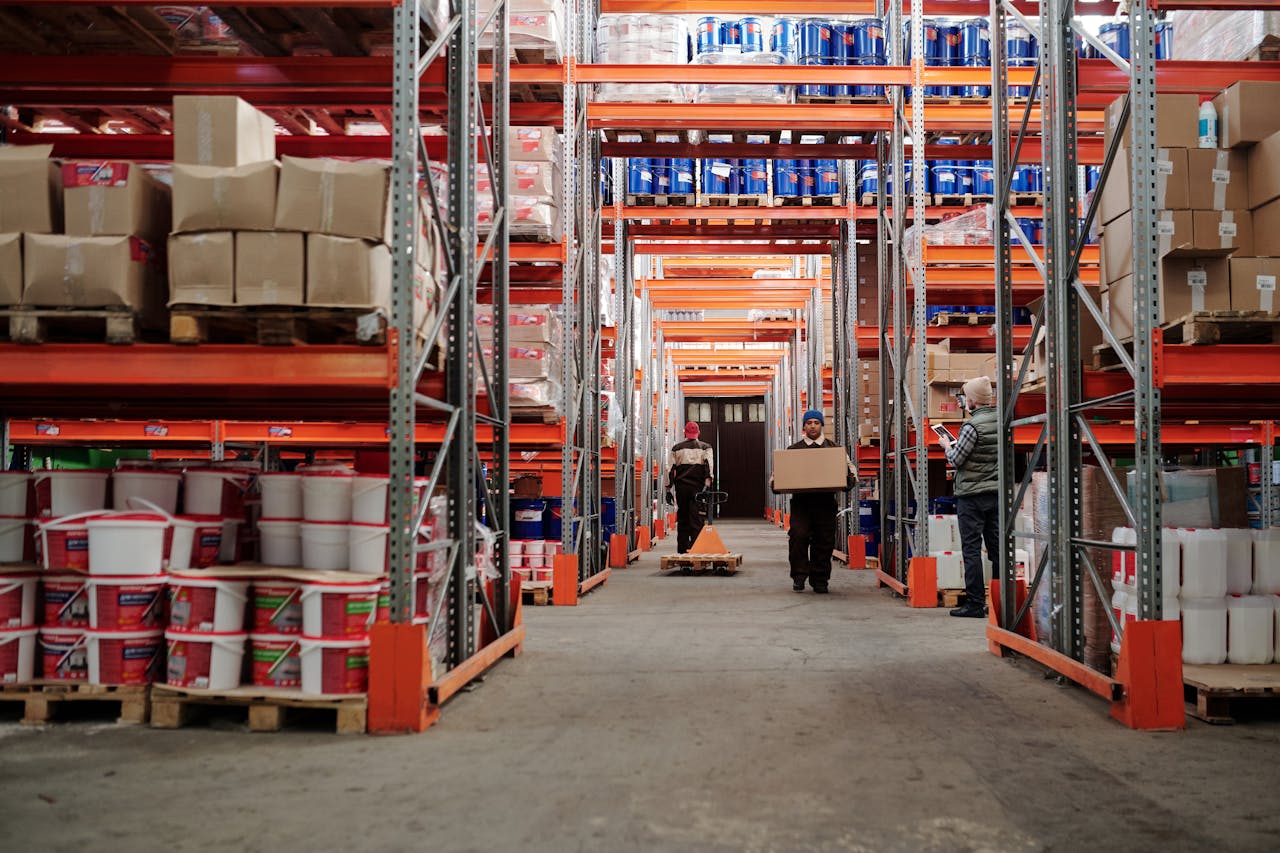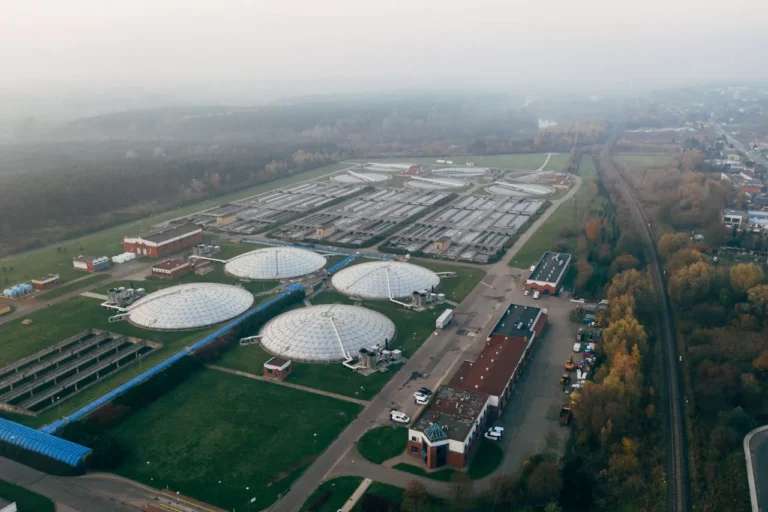
BASF and D-Wave Complete Quantum Proof-of-Concept, Setting New Benchmark in Manufacturing Efficiency
Vancouver, Canada / Ludwigshafen, Germany — [Insert Date] — D-Wave Quantum Inc. (NYSE: QBTS) (“D-Wave”), a global leader in quantum computing systems, software, and services, and BASF, one of the world’s leading chemical companies, today announced the successful completion of a joint proof-of-concept (PoC) project. The initiative used D-Wave’s hybrid-quantum computing technology to optimize manufacturing workflows at a BASF liquid-filling facility, achieving groundbreaking improvements in efficiency and setting a new performance benchmark for industrial operations.
The project demonstrated that quantum-hybrid approaches can drive substantial gains in real-world manufacturing environments. By leveraging quantum optimization, BASF and D-Wave reduced production scheduling times from 10 hours to just seconds, marking a transformative leap in manufacturing agility and responsiveness.
Quantum Computing Meets Manufacturing
BASF’s liquid-filling facility handles a vast number of bottles each month across multiple product lines. The operation is a sophisticated orchestration of processes—from receiving tanks of raw liquid materials to filling, sealing, packaging, and shipping the final products. Each step must be precisely timed and coordinated. Even small deviations can lead to costly delays, scheduling disruptions, or missed delivery commitments.
Traditional, or “classical,” optimization methods have long struggled to manage such complexity efficiently at scale. Manufacturing environments are dynamic, with frequent changes in machine availability, product demand, and supply chain conditions. These factors can quickly overwhelm classical computing approaches, particularly when rapid decision-making is required in the face of operational breakdowns.
To address these challenges, BASF partnered with D-Wave to explore how hybrid-quantum optimization—which combines quantum and classical computation—could deliver faster, more efficient production scheduling.
Designing a Quantum-Driven Workflow
The proof-of-concept focused on optimizing key aspects of the facility’s operations. The joint team developed a hybrid-quantum application to minimize setup times between different product batches, reduce the time required to offload each tank, and ensure products met delivery schedules with minimal delays.
The application worked by mapping complex production variables—such as tank assignments, equipment configurations, and job sequences—into a quantum optimization model. This model was then processed using D-Wave’s hybrid solver, which integrates quantum and classical computing resources to efficiently search for optimal or near-optimal solutions.
The PoC was tested on a real-world dataset representing actual production conditions within BASF’s liquid-filling operations. The hybrid-quantum application was evaluated against the facility’s existing optimization tools, measuring performance across several operational metrics.
Impressive Results and Operational Gains
The results exceeded expectations. The hybrid-quantum solution not only accelerated decision-making but also outperformed classical-only systems in several critical performance areas:
- Production lateness reduced by 14%
- Setup times shortened by 9%
- Tank unloading durations decreased by up to 18%
- Scheduling computation time reduced from 10 hours to seconds
These improvements translate into tangible business benefits: reduced production costs, greater operational resilience, and more efficient use of manufacturing assets. Moreover, the speed of computation allows BASF to react to unexpected changes in real time—an essential capability in fast-paced industrial environments.
Industry Leaders Comment on Breakthrough
“This project showcases how hybrid-quantum computing can help address manufacturing and supply chain bottlenecks while delivering measurable business value where classical computing falls short,” said Dr. Alan Baratz, CEO of D-Wave. “We are thrilled to collaborate with BASF and demonstrate how quantum technology can unlock real-world efficiency gains in complex production systems.”
Ionel Rusu, Quantum Computing Innovation Manager at BASF, added: “D-Wave’s hybrid quantum technology has proven that it can significantly enhance optimization tasks. The proof-of-concept showed that quantum solutions can deliver faster decisions and better outcomes than traditional approaches—results that go beyond what we initially expected.”
Abhishek Awasthi, Quantum Computing Scientist at BASF, agreed: “When we started working with D-Wave, we anticipated positive outcomes, but the final results have surpassed our expectations. The quantum approach clearly demonstrated its potential to revolutionize manufacturing optimization.”
A Milestone for Industrial Quantum Adoption
D-Wave views this successful proof-of-concept as a major milestone in the broader adoption of quantum technology in manufacturing and supply chain management. The experiment illustrates how hybrid-quantum computing can be integrated directly into production environments, complementing existing IT infrastructure and operational systems.
By solving complex optimization problems in seconds rather than hours, hybrid-quantum systems can provide decision-makers with near-instant insights into optimal production schedules, resource allocations, and logistics planning. This capability not only enhances efficiency but also supports sustainability goals by reducing energy consumption, waste, and downtime.
Beyond manufacturing, D-Wave’s quantum optimization solutions are applicable to a range of industries, including logistics, automotive, energy, and finance—any domain where large-scale optimization problems must be solved quickly and effectively.
About BASF
At BASF, we create chemistry for a sustainable future. Our ambition is to be the preferred chemical company enabling our customers’ green transformation. We combine economic success with environmental protection and social responsibility.
Around 112,000 employees in the BASF Group contribute to the success of customers across nearly every industry and region worldwide. Our portfolio spans the segments Chemicals, Materials, Industrial Solutions, and Nutrition & Care. We also manage standalone businesses in Surface Technologies and Agricultural Solutions.
In 2024, BASF generated sales of €65.3 billion. BASF shares trade on the Frankfurt Stock Exchange (BAS) and as American Depositary Receipts (BASFY) in the United States. Learn more at www.basf.com.
Source link: https://www.businesswire.com/







